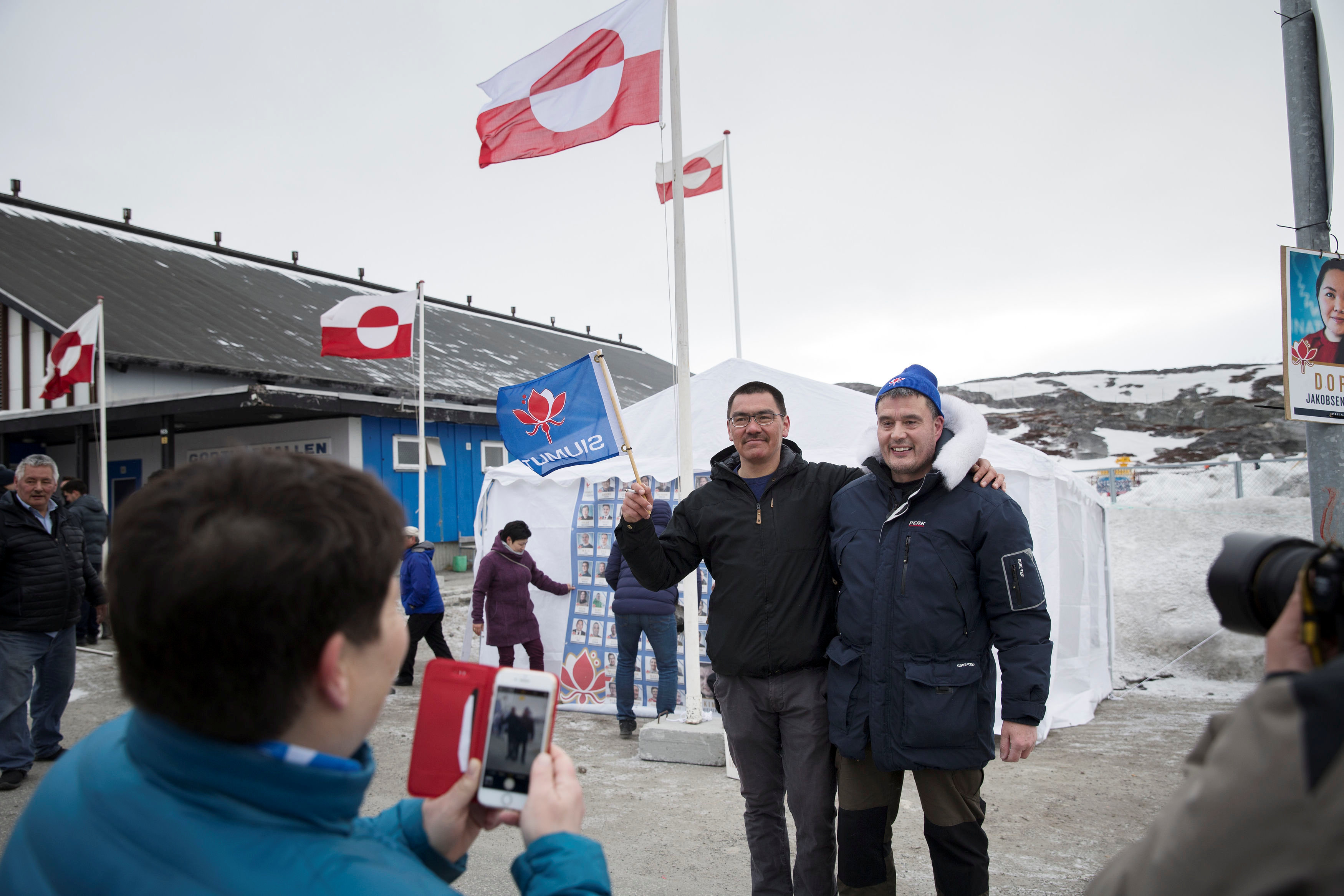Danes’ voting rights in Greenland to remain unchanged, despite concerns of ‘disproportional influence’
Changing voting rules would deny new residents their right to take part in public affairs, lawmakers conclude.

Lawmakers in Greenland have withdrawn a proposal before the national assembly that would have required residents from other parts of the Kingdom of Denmark relocating to that country to wait at least two years before being permitted to vote.
Changing voting eligibility in some form appeared to have majority support in the 31-member Inatsisartut, but the proposal was dropped on Wednesday after it was determined it would violate a UN convention that guarantees people the right to take part in public affairs.
Danes, Faroe Islanders and people from Greenland are all citizens of Denmark and can vote in Danish general elections. As citizens, they may relocate freely within the Kingdom of Denmark and participate in local and regional elections, but, in order to do so, they must have established residency at least six months prior to voting.
[Work resumes on a constitution for Greenland, with a request for a new deadline]
In its decision, Inatsisartut’s judicial committee said that changing voter-eligibility rules for Greenland alone would “cause problems” by creating an unreasonable limit to people’s ability to take part in public affairs.
The proposal to extend the waiting period was put forward in October by Siumut, the largest party in Inatsisartut, during debate over a bill that would make a raft of changes to the country’s election laws.
Although eligibility rules were not originally a part of the bill, they were considered by the judicial committee after they brought up by Karl-Kristian Kruse, one of the Siumut’s leading figures.
“We in Siumut won’t shy away from taking up the issue of Danes who relocate here and become eligible to vote after just a few months,” Kruse said.
[A Nuuk plan to marginalize the Danish language in Greenland worries Copenhagen]
He and other supporters of extending the waiting period were concerned that the current rules permit temporary residents to have a say in elections that could influence the direction the county’s development.
A similar proposal was put forward in 2017.
According to the bill considered by Inatsisartut at the time, its backers were concerned that allowing new residents to vote after six months gave them a “disproportional influence on a nation that is under construction.”